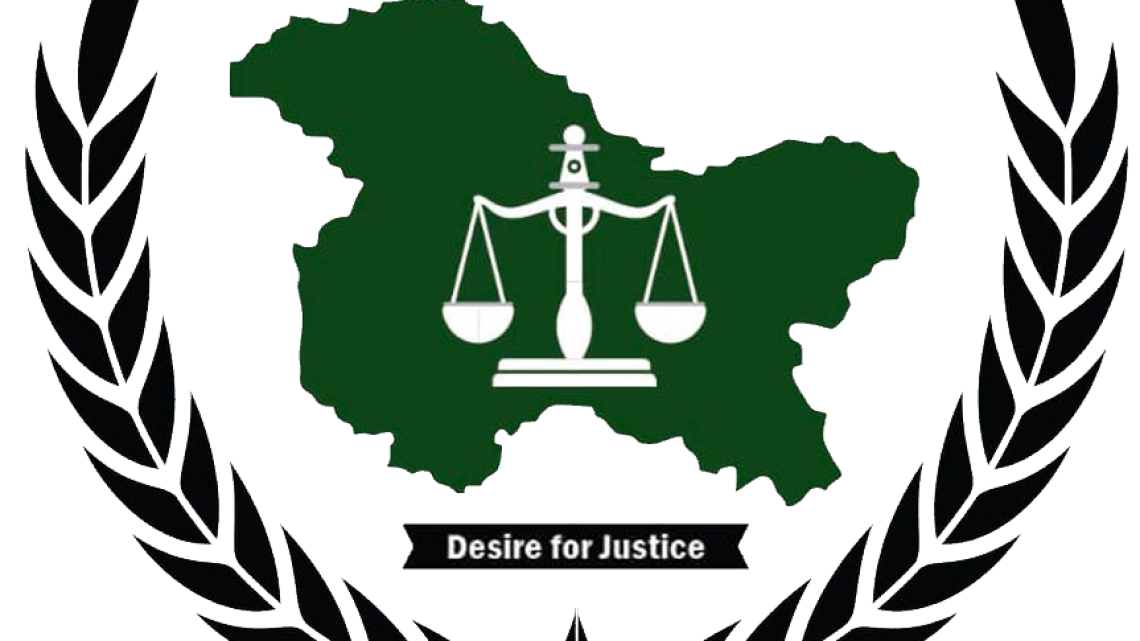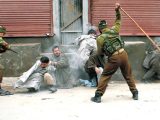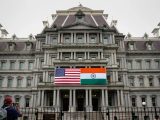
Structural Violence Perpetrated by Indian Occupying Authorities Aimed at Ethnic Cleansing of Kashmiri Muslims: LFK Annual Human Rights Review 2023
January 2, 2024The Legal Forum for Kashmir (LFK) recently unveiled its annual report, titled “Human Rights Situation in Indian Occupied Jammu & Kashmir (IOJK): January to December 2023,” revealing a disturbing surge in state-sponsored violence against the Kashmiri Muslim population. The report highlights the urgent need for the international community to acknowledge the evidence presented and take decisive action.
The LFK’s comprehensive analysis exposes a range of human rights abuses, including increased militarization, land expropriation, excessive use of force, extrajudicial killings, torture, arbitrary detentions, restrictions on public assembly, mass imprisonments, curbs on press freedom, and demographic changes indicative of a settler colonial agenda.
Throughout 2023, the IOJK region witnessed a rise in state repression and counterinsurgency operations. The violations of International Human Rights Law (IHRL) and International Humanitarian Law (IHL) resulted in numerous atrocities, labeled as ‘Atrocity Crimes’ by the LFK. The occupying forces engaged in 260 Cordon and Search Operations (CASOs), underscoring the oppressive environment faced by the Kashmiri people.
Disturbingly, the LFK recorded 248 killings during this period, with 82 Indigenous freedom fighters and 100 Indian occupying forces personnel losing their lives. The armed confrontations between the Indian Occupying Forces and Kashmiri freedom fighters led to the destruction of 138 civilian properties. Additionally, 171 instances of Internet shutdowns were reported, showcasing a deliberate attempt to stifle communication within the region.
The LFK report exposes the Indian occupying authorities’ widespread surveillance of Kashmiri civilians, violating their rights to freedom of expression, opinion, and privacy. The police, with alleged cooperation from social media giants, have been granted unrestricted access to monitor anti-India activities, further suppressing dissent.
Cases of torture and custodial deaths, such as those reported in Dhera Ki Gali and Buffliaz, emphasize the brutality faced by Kashmiris at the hands of the occupying forces. The victims and their families allege inhumane treatment, including stripping and the use of chili powder to inflict bodily harm.
India’s aggressive efforts to dominate dissent and seize native properties for outsiders raise concerns of ethnic cleansing. The alleged “retrieval” of state land led to the seizure of vast acres in the Kashmir and Jammu regions, displacing indigenous inhabitants.
The LFK calls on the international community to take heed of the evidence presented in its report. Extrajudicial killings, arbitrary detentions, torture, curbs on freedom, demographic changes, and all measures aimed at ethnic cleansing in Kashmir demand international attention and condemnation.
Despite these atrocities, the international response has been inconsistent. The recent verdict by the Supreme Court of India upholding the abrogation of Jammu and Kashmir’s semi-autonomous status drew criticism from various quarters, including mainstream political parties, Kashmiri civil society, and jurists who deemed it a misinterpretation of constitutional frameworks.
Furthermore, the LFK condemns India’s attempt to host the G20 tourism meeting in IOJK, branding it as an effort to mask the ongoing abuses against the civilian population. The situation demands immediate international intervention to curb the escalating human rights crisis in Indian-Occupied Kashmir.

